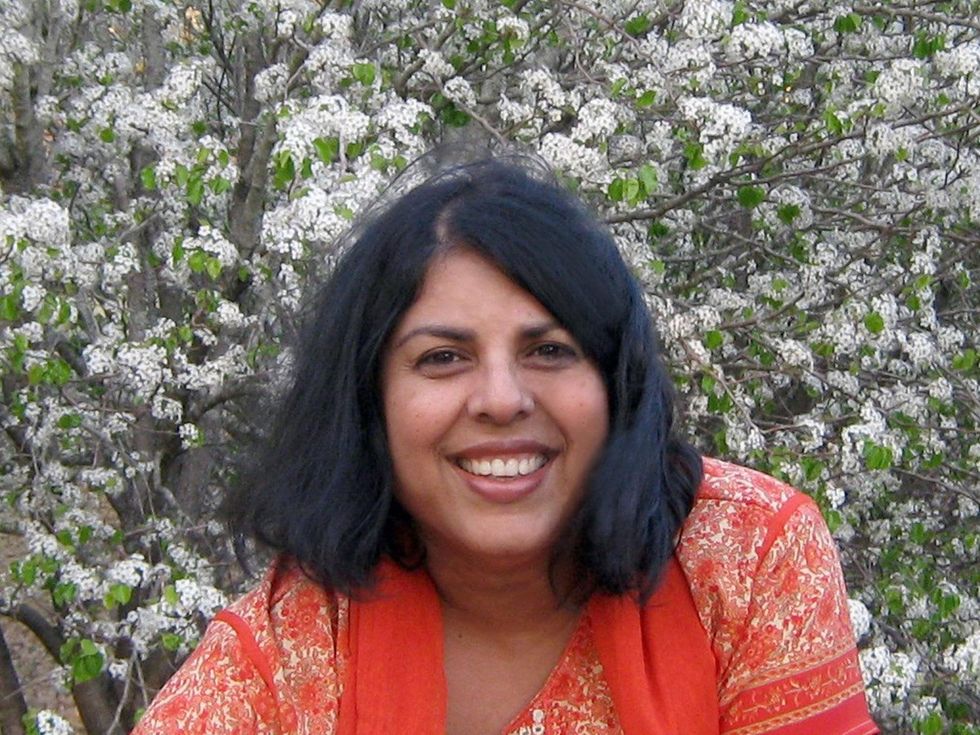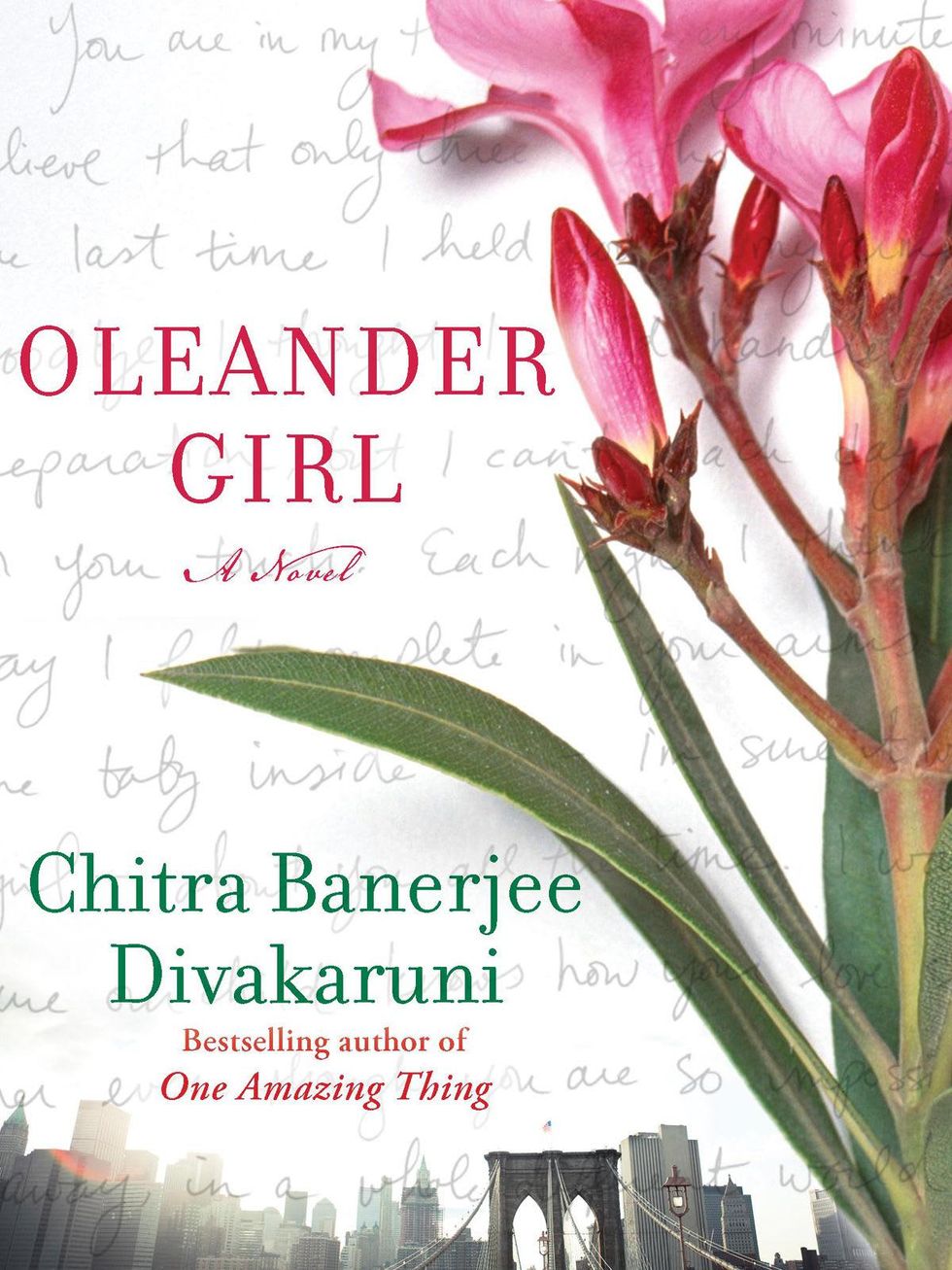culturemap interview
True Confessions and tough love: A conversation with Illumine Award-winningauthor Sarah Bird
Novelist Sarah Bird credits the Austin Public Library with saving her from a fate worse than death.
The year was 1973. Bird had followed her boyfriend to Austin, and then watched helplessly as he became a Scientologist, sinking deeper and deeper into the church. Soon he was trying to get her to join.
“So I did what I always do: I researched it,” Bird says. A librarian handed her the articles they keep behind the desk — you know, so the Scientologists can’t get to them and cut them out first. “I was not lured into white slavery, or signed away 99 lives to Sea Org. So, yay, Austin Public Libraries!”
This Friday the Austin Public Library Friends Foundation will show that the feeling is mutual, presenting Bird with the 2012 Illumine Award for Fiction at their annual library benefit at the Downtown Hilton. In addition to her eight novels and multiple screenplays, Bird contributes regularly to Texas Monthly, where the salty humor she credits to growing up in a veritable “comedy camp” of a family is on full display.
Although they are frequently hilarious, however, Bird’s novels also explore the melancholy of missed opportunities and strained relationships with a rare emotional honesty. She is currently working on a serious novel about the Battle of Okinawa, military families, and “the price of empire.”
Bird’s most recent novel, The Gap Year (Gallery Books, $15), tells the story of a single mother and her teenage daughter who suddenly grow apart during the daughter’s senior year in high school. Now out in paperback, the novel switches deftly back and forth between the perspective of Cam and her daughter Aubrey, depicting their parallel experiences of the same year with humor and pathos.
Bird spoke to CultureMap about the family dynamics she wanted to explore in The Gap Year, her early career writing pulp fiction, and her love affair with Austin.
And that Scientologist ex-boyfriend? She immortalized him in her first novel, a mystery called Do Evil Cheerfully. “I had him dead on page one.”
CultureMap: The first thing I noticed about The Gap Year was the structure of the novel, the two alternating voices. Had you ever written anything like that before?
Sarah Bird: No, I hadn’t. I thought I was telling the mother’s story because that’s the story I know, and emotionally that’s what I was living through because our son was going away to college. I was all distraught about that, surprisingly, much more than I had ever expected to be. So I thought I was writing that story, because that’s where my emotional anchor was.
So you know, like, the good angel and bad angel on your shoulder? It was her on one side, and then the other angel on the other side was sort of like, sneery. Going, yeah, that’s what she thinks. That’s her story. And I kind of gradually realized that I was hearing my voice from that age. So I had to let Aubrey tell her story.
CM: So Aubrey literally just popped in there.
SB: She was a surprise. She just started talking to me, and she had a lot of commentary. And it was also, I wanted to get to that feeling that parents, particularly mothers of boys, have. Unless you have a very unusual boy, you know, they go into the nonverbal years, and you know, they stop holding your hand, they stop curling up on your lap, and they stop telling you about their lives.
And so you have this stranger living in your house that you know on some level, but you also realize that — certainly my parents didn’t know what my interior life was. I wanted to get to that feeling of parallel lives that starts happening of necessity when children separate.
CM: You yourself have a son, not a daughter.
SB: At signings, so many readers come up and they take my hand and say, 'I know you have a daughter, because I went through the same thing!' I’m glad it came across.
I sort of had a secret weapon in that when our son was in high school I volunteered at the attendance office, so I was one of those ladies writing up passes and excuses. I was sitting behind the desk, and essentially I was invisible. Invisible with a notepad in front of me! I was this little imbed in the high school world, that’s how I was able to get the current details and language and stuff.
CM: How did you decide to make it a daughter, instead of a son?
SB: Once I realized that I was going to have a character that age I knew very clearly it could not be a male. I also knew that if I made the character female, that would put enough distance between my son and that book, so that he wouldn’t feel like I invading his privacy, or reporting on him.
I asked him, 'How do you feel about my writing a book about someone this age?' And he goes, 'It’s a girl!' It’s a completely different species. You know, like, you’re writing about lemurs, and I’m not a lemur.
CM: You came here to UT for your MA in journalism. And had you been writing your whole life before that?
SB: I had written for magazines. And, hold onto your hat, I wrote for True Confessions magazine. And made more more money in the early seventies than I would make now on a magazine article.
CM: I'm dying to know what it was like working at True Confessions.
SB: It was amazing. It’s just great training. I had been an au pair in France, when I was 19 or 20, and when I was over there I was trying to learn French. So I got these photo-romances, that’s what they called them. They have them in Mexico too, they’re like cartoons but with photos. I was reading those things to learn colloquial French, how people actually spoke instead of what I had learned by reading Molière.
But you know, it kind of occurred to me, they were so bad. It was the first time I was reading something that was discernibly bad writing. A little light went on, and I said, I could probably do that! So when I got back home I searched out a similar market, and there were the True Confession magazines. Equally bad. I was writing 'I kidnapped my own child!' or 'I seduced my parish priest!' Really, they were pretty tame.
Everything back in those days was pretty tame. They were just a great way to learn how to plot a story.
CM: Cam strikes me as kind of an Austin hippie, or a hip Austin mom. In most stories of teen rebellion, there’s a conservative or strait-laced parent, and the child rebels. That’s not the story you told. The daughter wants to be more normal, essentially.
SB: I have five brothers and sisters. This is a great blessing to a novelist, to be one of six children, in that you see these people from the first moments of their lives. And it gives you a deep understanding that so much of who we are is hardwired.
I saw that with my son. When he was born, I looked into his face, and he made himself known to me, on some really fundamental level that never changed. I knew. And so I think, this is just, you know, this great roll of the dice, about parents and the temperament of their child, a mother and the temperament of her child. What that child needs, whether the mother can supply it, and how those pieces fit together, and form and deform each other. I'm interested in that.
CM: It’s a scary thought to somebody who has not had children, it's kind of your worst fear. You know, what if my child rejects me not just because I’m their parent, but because of different personalities? What if they just don't like me?
SB: I mean obviously as a parent you have a huge advantage in that you form their world. That was the other thing that I wanted to get at, is how much parents form their world, creating these little football players, or whoever, that are expressions of their parents.
And your parents are always going around going, 'Oh, I just want him or her to be happy.' Yeah, as long as it involves a degree from Yale, that’s an okay happiness. But community college, that is not an okay kind of happiness.
CM: Can you tell me about the quote in the front of the book: “The anchor or the arrow?”
SB: That came very clearly to me in a dream that I had when I was eight months pregnant. I woke up with that in my head, and I saw that it was always this little conflict between whether you’re launching your child into the world, getting them prepared for the slings and arrows and the harsh reality, or are you the nesting place, the home where they always have to take you in?
I just remembered that very clearly when our son reached that age, when I said, 'Do I need to toughen him up? Is this a cruel thing, that he’s never known anything but approval and love?' So that’s what Cam was facing.
CM: People love you around here. Do you think you’re strongly associated with Austin for your readers?
SB: Well, I came from New Mexico, and I was so freaked out by Texas when I first got here. It was so strange and bizarre. So when I wrote Alamo House, my first novel, I meant it as a satire.
Then I discovered that Texans, and certainly Austinites, have the best sense of humor in the world. So my blistering satire was warmly received. [Laughs.] I think it’s sort of been a two-way love affair.




